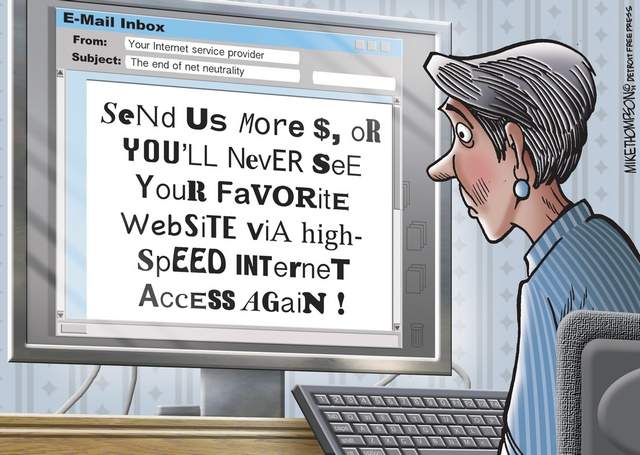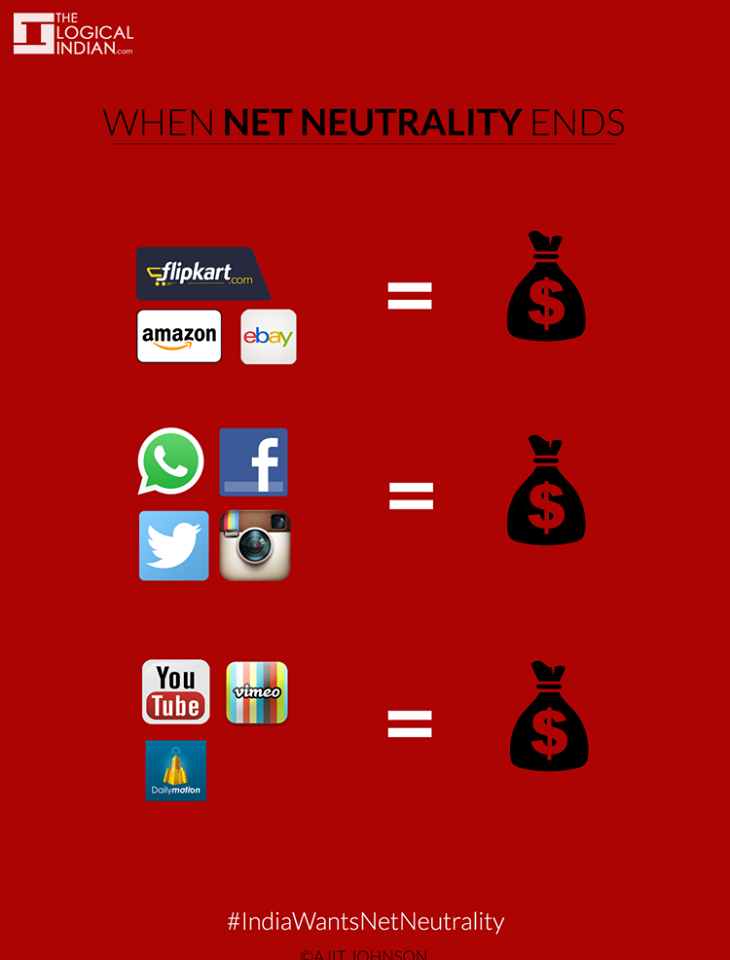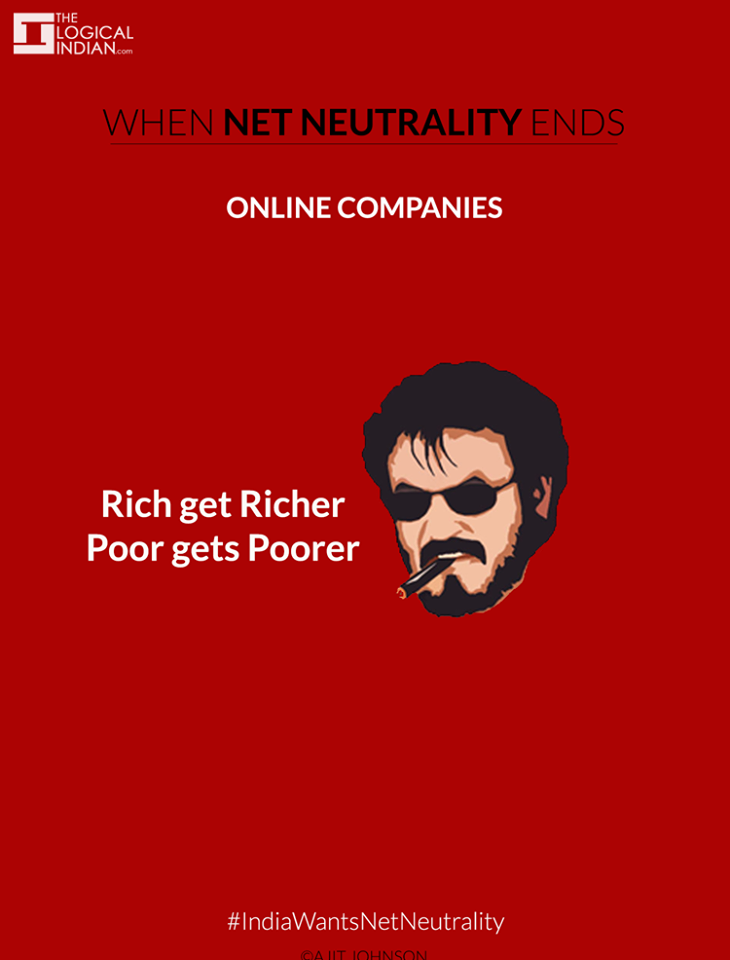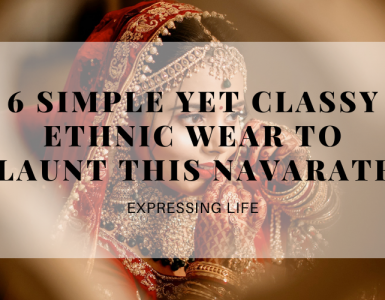| Source: www.wordstream.com |
| Source: http://www.netneutrality.in/ |
What is Net Neutrality?
Net Neutrality is the Internet’s guiding principle: It preserves our right to communicate freely online. This is the definition of an open Internet.
Net Neutrality means an Internet that enables and protects free speech. It means that Internet service providers should provide us with open networks — and should not block or discriminate against any applications or content that ride over those networks. Just as your phone company shouldn’t decide who you can call and what you say on that call, your ISP shouldn’t be concerned with the content you view or post online.
(Source: http://www.savetheinternet.com/net-neutrality-what-you-need-know-now)
At the end of 2014, Airtel decided to charge its subscribers extra for use of certain apps like Skype and Viber which offer free voice and messaging services; hence, competing with the voice and messaging services of telecom providers.There were protests, but Airtel stood ground, saying it would wait for Telecom Regulatory Authority of India’s (TRAI) Consultation Paper on Regulatory Framework for Over-the-top (OTT) services. The telecom companies complained that such free voice calling and messaging services by various apps through the internet are hindering their business. The paper asks certain questions regarding what should be done about the OTT service providers, whether there is a requirement of licenses or not?
Then, Mark Zuckerburg brought to India internet.org, providing the subscribers of Reliance Communications a set of websites free to use, without any charge. There was not much buzz about the same because it does not charge anything extra, rather provides access to certain websites for free. Although, it is not attacking the customer’s pocket, but it still distorts the equality of access to all the lawful websites and services available over the internet. After the commotion over Net Neutrality, many Indian brands backed out from this deal of internet.org with Facebook, namely NDTV, Times Internet group, Clear trip etc.
However, Mark Zuckerburg’s argument clearly explains that internet.org is not harming the concept of Net Neutrality in any way which is explained below in detail.
| Source: www.funinventors.com |
As mentioned above, Facebook’s internet.org initiative is being highly criticized without proper reasoning.
Quoting a few paragraphs from his post on Facebook:
First, I’ll share a quick story. Last year I visited Chandauli, a small village in northern India that had just been connected to the internet.
In a classroom in the village, I had the chance to talk to a group of students who were learning to use the internet. It was an incredible experience to think that right there in that room might be a student with a big idea that could change the world — and now they could actually make that happen through the internet.
The internet is one of the most powerful tools for economic and social progress. It gives people access to jobs, knowledge and opportunities. It gives voice to the voiceless in our society, and it connects people with vital resources for health and education.
I believe everyone in the world deserves access to these opportunities.
This is why we created Internet.org, our effort to connect the whole world. By partnering with mobile operators and governments in different countries, Internet.org offers free access in local languages to basic internet services in areas like jobs, health, education and messaging. Internet.org lowers the cost of accessing the internet and raises the awareness of the internet’s value. It helps include everyone in the world’s opportunities.
In India, we’ve already rolled out free basic services on the Reliance network to millions of people in Tamil Nadu, Maharashtra, Andhra Pradesh, Gujarat, Kerala and Telangana. And we just launched in Indonesia on the Indosat network today.
We’re proud of this progress. But some people have criticized the concept of zero-rating that allows Internet.org to deliver free basic internet services, saying that offering some services for free goes against the spirit of net neutrality. I strongly disagree with this.
We fully support net neutrality. We want to keep the internet open. Net neutrality ensures network operators don’t discriminate by limiting access to services you want to use. It’s an essential part of the open internet, and we are fully committed to it.
But net neutrality is not in conflict with working to get more people connected. These two principles — universal connectivity and net neutrality — can and must coexist.
To give more people access to the internet, it is useful to offer some service for free. If someone can’t afford to pay for connectivity, it is always better to have some access than none at all.
Internet.org doesn’t block or throttle any other services or create fast lanes — and it never will. We’re open for all mobile operators and we’re not stopping anyone from joining. We want as many internet providers to join so as many people as possible can be connected.
It is crucial to understand that internet.org is not attacking or distorting the basic idea of Net Neutrality, and hence shouldn’t be cornered because of other incidents happening in the industry. You can read his full note here: Mark Zuckerburg on Net Neutrality in India.
| Source: www.bleepingcomputer.com |
This is how your internet pack will look without Net Neutrality:
| Source: telecomtalk.info |
If I compare it with my current data plan which costs me INR 199/month with free and equal access to the internet, I’ll have to pay INR 464 over and above my base plan of INR 150 based on the sites I want to access. That’s ridiculous, isn’t it? Moreover, all the sites other than those I pay for especially, will be accessible at 8kbps depending on the network load and that too after talking over to the customer care to authorize their access which may take more than 2 business days.
| Source: www.coolpctips.com |
This is how internet will look like without #Net neutrality as portrayed by The Logical Indian:
What Can We Do Now?
| Does it look like the better option? Source: sbfsa.blogspot.com |
| Visit: http://savetheinternet.in |
| Source: NetNeutrality.in |
















I was suggested this blog by my cousin. I am not sure whether this post
is written by him as nobody else know such detailed about
my trouble. You're wonderful! Thanks!
my web site :: Peluang Bisnis Online
OH, Thank you so much!
Thank your cousin for me! 🙂